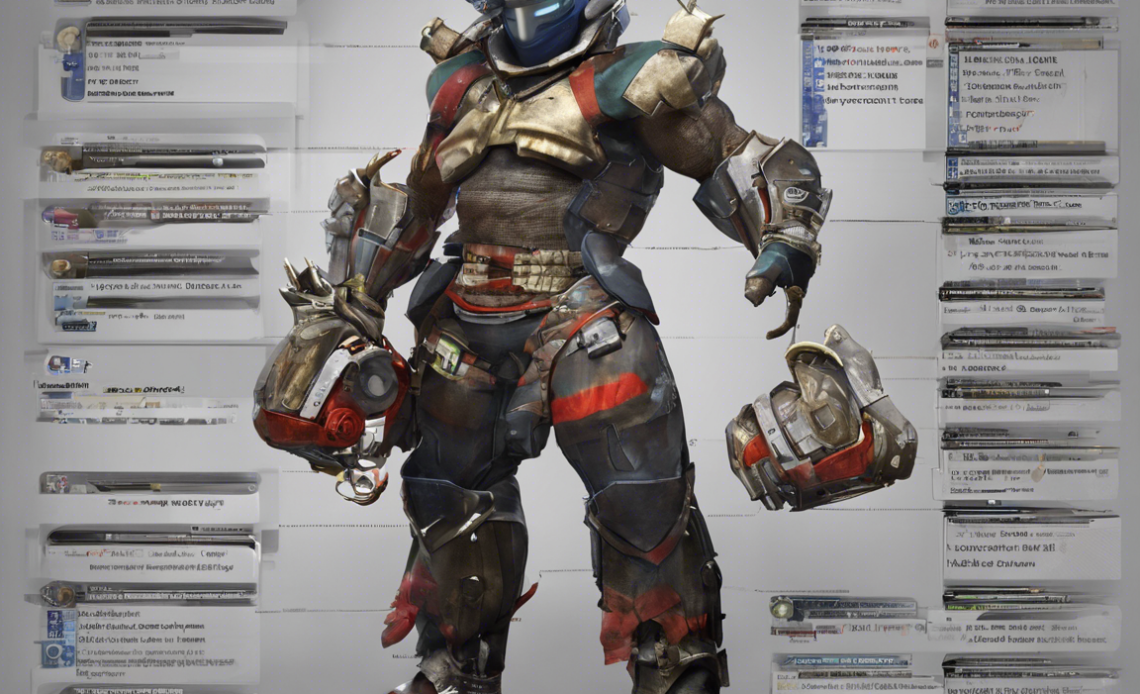
In the realm of technology, acronyms abound, and keeping track of all the jargon can be a daunting task. One common acronym that often pops up in the world of gaming, software, and digital media is DLC. But what exactly does DLC stand for, and what does it entail? In this comprehensive guide, we will delve into the definition of DLC, its various forms, how it functions, its impact on the gaming industry, and common FAQs associated with this term.
What is DLC?
DLC stands for “Downloadable Content”. It refers to additional content or features that can be downloaded and added to a video game, application, or software after the initial release. This additional content can range from new levels, characters, weapons, costumes, maps, storylines, and more. DLC allows developers to expand and enhance the original content of a game, providing gamers with a more immersive and dynamic experience.
Types of DLC
There are several common types of DLC that developers often release to enhance the gaming experience:
1. Expansion Packs:
Expansion packs are substantial additions to a game that typically introduce new storylines, characters, gameplay mechanics, and features. These packs are larger in scope compared to other types of DLC and are designed to significantly extend the gameplay.
2. DLC Packs:
DLC packs are smaller additions to a game that usually include a specific theme or content, such as new weapons, outfits, or levels. These packs are often sold individually or as part of a season pass, which grants access to multiple DLC packs at a discounted price.
3. Cosmetic DLC:
Cosmetic DLC consists of items that do not impact gameplay but allow players to customize the appearance of their characters, vehicles, or in-game items. Examples include skins, emotes, decals, and other visual enhancements.
4. Season Passes:
Season passes are bundles that provide access to all current and future DLC releases for a game for a set price. This option is preferred by players who want to ensure they receive all additional content without having to purchase each DLC pack individually.
How Does DLC Work?
DLC is typically distributed through digital platforms such as Steam, PlayStation Store, Xbox Live Marketplace, and Nintendo eShop. Players can purchase DLC either individually or as part of a bundle. Once the DLC is purchased, it is downloaded directly to the player’s device and integrated into the base game.
Developers often release DLC in response to player feedback, to extend the lifespan of a game, or to generate additional revenue. DLC can help maintain player engagement, attract new players, and keep the game relevant in a competitive market.
Impact of DLC on the Gaming Industry
The introduction of DLC has had a profound impact on the gaming industry, shaping the way games are developed, marketed, and monetized. Some key effects of DLC on the industry include:
- Extended Gameplay: DLC allows developers to keep players engaged and invested in a game long after its initial release, leading to increased longevity and replay value.
- Additional Revenue: DLC has become a significant source of revenue for developers and publishers, enabling them to monetize games beyond the initial purchase price.
- Player Choice: Players have the option to customize their gaming experience by selecting specific DLC that aligns with their preferences, whether it’s new story content, cosmetic items, or gameplay enhancements.
- Community Engagement: DLC can foster a sense of community among players who share a common interest in a specific game, creating opportunities for collaboration and competition.
FAQs About DLC
1. What are the benefits of purchasing DLC for a game?
- DLC can provide additional content, extended gameplay, new features, and customization options that enhance the overall gaming experience.
2. Is DLC free or do I have to pay for it?
- While some games offer free DLC, the majority of DLC content is paid and must be purchased separately from the base game.
3. Can DLC be shared or transferred between different devices?
- In most cases, DLC is tied to the specific account or platform it was purchased on and cannot be shared or transferred to other devices.
4. How do I know if my game is compatible with a specific DLC?
- Developers typically provide information on the compatibility of DLC with the base game on their websites or through digital storefronts.
5. Are there any risks associated with downloading DLC?
- DLC from reputable sources is generally safe to download, but players should be cautious of unofficial or pirated DLC that may contain malware or other harmful elements.
In conclusion, DLC has become an integral part of the gaming landscape, offering players a wide range of additional content to enhance their gaming experience. Whether it’s exploring new worlds, battling enemies with powerful weapons, or customizing characters with unique outfits, DLC continues to shape the way players interact with their favorite games. By understanding the intricacies of DLC and its impact on the gaming industry, players can make informed decisions on whether to embrace these digital additions to their gaming library.

